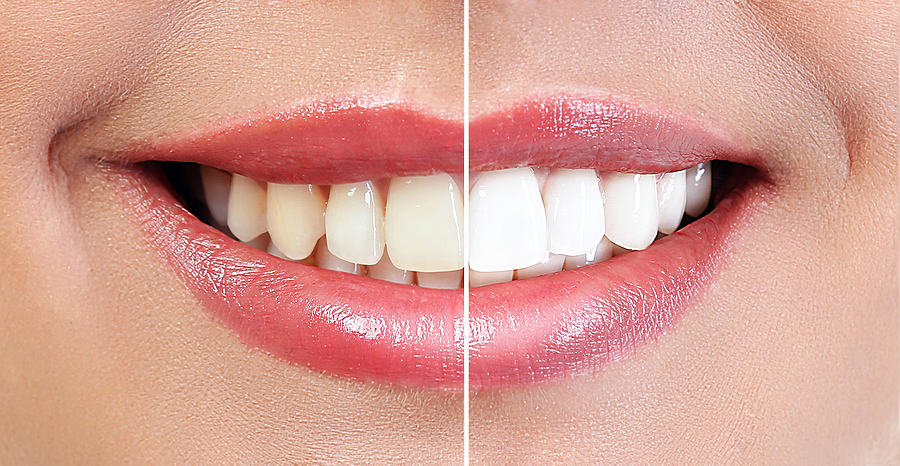Posted by Parke Rogers Dentistry on Jan 10 2018, 09:05 AM
Halitosis, or bad breath, is a condition that affects people of all ages. Although it is common, this problem is often embarrassing and may even cause anxiety for some people. Fortunately, all types of halitosis can be improved with the right treatment.
If you have halitosis, you may notice that your breath smells unpleasant on a regular basis. You may also have an unpleasant taste in your mouth, pain in certain parts of your mouth or dryness, depending on the cause of your halitosis.
Halitosis can develop for several different reasons. Some of the most common causes of halitosis:
Several treatment options exist for patients with halitosis. The exact treatment you will need depends on the cause of your bad breath. Before recommending any treatment, your dentist will spend time evaluating your breath, reviewing your medical history and identifying all factors that could be contributing to the problem.
For example, if your bad breath is caused by food or use of tobacco products, your dentist may recommend avoiding these substances. If your bad breath is a result of poor dental hygiene, you may need a dental cleaning. You will also need to improve your dental hygiene habits at home. In cases where poor dental hygiene has led to gum disease, you may need other treatments to remove all of the odor-causing bacteria from your mouth and restore your overall oral health. Your dentist will discuss all of these options with you in detail so you can make the best decision.

Are Veneers Worth the Investment? Here’s What You’re Really Paying For

Do Dental Implants Feel Like Real Teeth? What You Need to Know

The Comprehensive Health Benefits of Investing in Cosmetic Dentistry

The Impact of Dental Implants on Jawbone Health & Facial Structure

Enhancing Your Smile with Cosmetic Dentistry in The Woodlands 77380
MON 7:30 am - 4:30 pm
TUE 7:30 am - 2:30 pm
WED - THU 7:30 am - 4:30 pm
FRI 7:30 am - 2:30 pm
SAT - SUN Closed